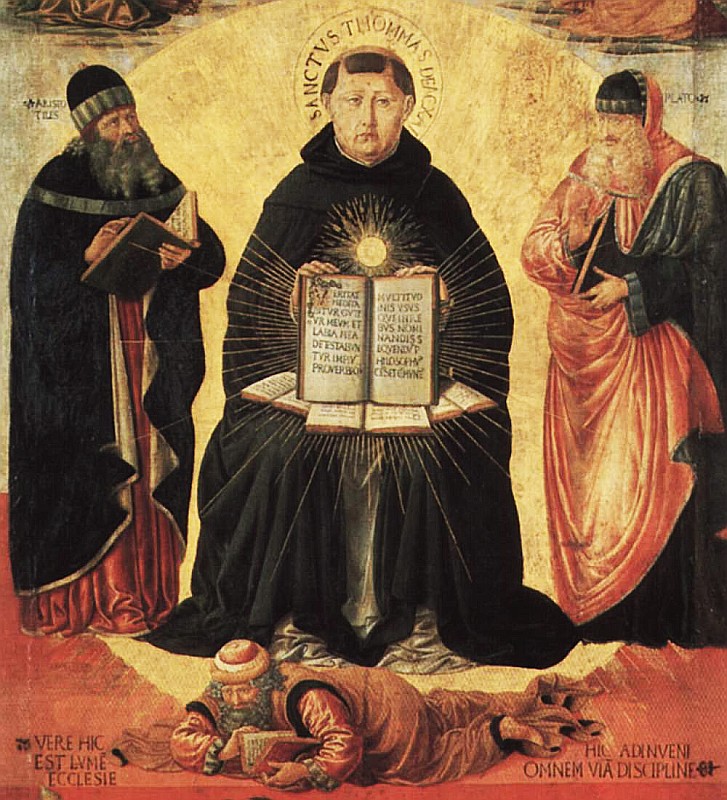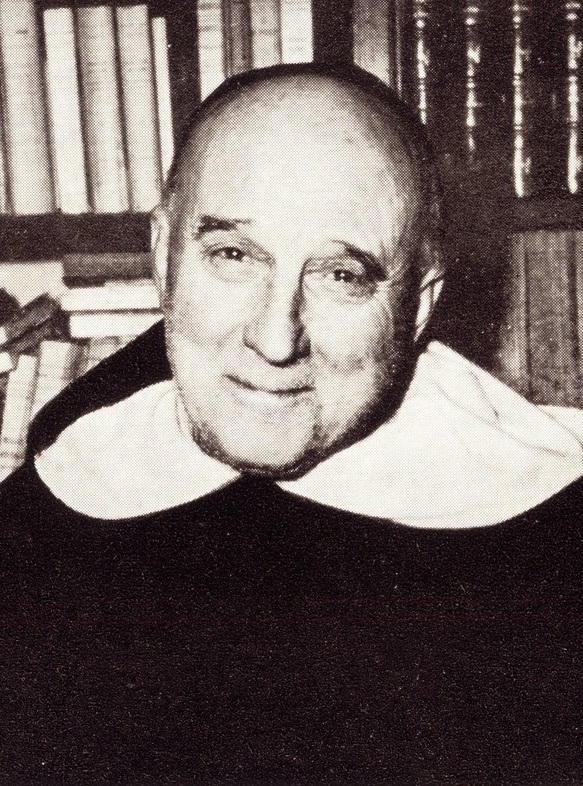1630th Anniversary of the Closing of the First Council of Constantinople
Source: www.papalencyclicals.net
The exposition of the 150 fathers (The Nicene-Constantinopolitan Creed)
We believe in one God the Father all-powerful, maker of heaven and of earth, and of all things both seen and unseen. And in one Lord Jesus Christ, the only-begotten Son of God, begotten from the Father before all the ages, light from light, true God from true God, begotten not made, consubstantial with the Father, through whom all things came to be; for us humans and for our salvation he came down from the heavens and became incarnate from the holy Spirit and the virgin Mary, became human and was crucified on our behalf under Pontius Pilate; he suffered and was buried and rose up on the third day in accordance with the scriptures; and he went up into the heavens and is seated at the Father's right hand; he is coming again with glory to judge the living and the dead; his kingdom will have no end. And in the Spirit, the holy, the lordly and life-giving one, proceeding forth from the Father, co-worshipped and co-glorified with Father and Son, the one who spoke through the prophets; in one, holy, catholic and apostolic church. We confess one baptism for the forgiving of sins. We look forward to a resurrection of the dead and life in the age to come. Amen.
Canons of the First Council of Constantinople
Canon 1: The profession of faith of the holy fathers who gathered in Nicaea in Bithynia is not to be abrogated, but it is to remain in force. Every heresy is to be anathematised and in particular that of the Eunomians or Anomoeans, that of the Arians or Eudoxians, that of the Semi-Arians or Pneumatomachi, that of the Sabellians that of the Marcellians, that of the Photinians and that of the Apollinarians.
Canon 2: Diocesan bishops are not to intrude in churches beyond their own boundaries nor are they to confuse the churches: but in accordance with the canons, the bishop of Alexandria is to administer affairs in Egypt only; the bishops of the East are to manage the East alone (whilst safeguarding the privileges granted to the church of the Antiochenes in the Nicene canons); and the bishops of the Asian diocese are to manage only Asian affairs; and those in Pontus only the affairs of Pontus; and those in Thrace only Thracian affairs. Unless invited bishops are not to go outside their diocese to perform an ordination or any other ecclesiastical business. If the letter of the canon about dioceses is kept, it is clear that the provincial synod will manage affairs in each province, as was decreed at Nicaea. But the churches of God among barbarian peoples must be administered in accordance with the custom in force at the time of the fathers.
Canon 3: Because it is new Rome, the bishop of Constantinople is to enjoy the privileges of honour after the bishop of Rome.
Canon 4: Regarding Maximus the Cynic and the disorder which surrounded him in Constantinople: he never became, nor is he, a bishop; nor are those ordained by him clerics of any rank whatsoever. Everything that was done both to him and by him is to be held invalid.
Canon 5: Regarding the Tome [2] of the Westerns: we have also recognised those in Antioch who confess a single Godhead of Father and Son and Holy Ghost.
Canon 6: There are many who are bent on confusing and overturning the good order of the church and so fabricate, out of hatred and a wish to slander, certain accusations against orthodox bishops in charge of churches. Their intention is none other than to blacken priests' reputations and to stir up trouble among peace- loving laity. For this reason the sacred synod of bishops assembled at Constantinople has decided not to admit accusers without prior examination, and not to allow everyone to bring accusations against church administrators -- but with- out excluding everyone. So if someone brings a private (that is a personal) complaint against the bishop on the grounds that he has been defrauded or in some other way unjustly dealt with by him, in the case of this kind of accusation neither the character nor the religion of the accuser will be subject to examination. It is wholly essential both that the bishop should have a clear conscience and that the one who alleges that he has been wronged, whatever his religion may be, should get justice.
But if the charge brought against the bishop is of an ecclesiastical kind, then the characters of those making it should be examined, in the first place to stop heretics bringing charges against orthodox bishops in matters of an ecclesiastical kind. (We define "heretics" as those who have been previously banned from the church and also those later anathematised by ourselves: and in addition those who claim to confess a faith that is sound, but who have seceded and hold assemblies in rivalry with the bishops who are in communion with us.) In the second place, persons previously condemned and expelled from the church for whatever reason, or those excommunicated either from the clerical or lay rank, are not to be permitted to accuse a bishop until they have first purged their own crime. Similarly, those who are already accused are not permitted to accuse a bishop or other clerics until they have proved their own innocence of the crimes with which they are charged. But if persons who are neither heretics nor excommunicates, nor such as have been previously condemned or accused of some transgression or other, claim that they have some ecclesiastical charge to make against the bishop, the sacred synod commands that such persons should first lay the accusations before all the bishops of the province and prove before them the crimes committed by the bishop in the case. If it emerges that the bishops of the province are not able to correct the crimes laid at the bishop's door, then a higher synod of the bishops of that diocese, convoked to hear this case, must be approached, and the accusers are not to lay their accusations before it until they have given a written promise to submit to equal penalties should they be found guilty of making false accusations against the accused bishop, when the matter is investigated.
If anyone shows contempt of the prescriptions regarding the above matters and presumes to bother either the ears of the emperor or the courts of the secular authorities, or to dishonour all the diocesan bishops and trouble an ecumenical synod, there is to be no question whatever of allowing such a person to bring accusations forward, because he has made a mockery of the canons and violated the good order of the church.
Canon 7: Those who embrace orthodoxy and join the number of those who are being saved from the heretics, we receive in the following regular and customary manner: Arians, Macedonians, Sabbatians, Novatians, those who call themselves Cathars and Aristae, Quartodeciman or Tetradites, Apollinarians-these we receive when they hand in statements and anathematise every heresy which is not of the same mind as the holy, catholic and apostolic church of God. They are first sealed or anointed with holy chrism on the forehead, eyes, nostrils, mouth and ears. As we seal them we say: "Seal of the gift of the holy Spirit". But Eunomians, who are baptised in a single immersion, Montanists (called Phrygians here), Sabellians, who teach the identity of Father and Son and make certain other difficulties, and all other sects -- since there are many here, not least those who originate in the country of the Galatians -- we receive all who wish to leave them and embrace orthodoxy as we do Greeks. On the first day we make Christians of them, on the second catechumens, on the third we exorcise them by breathing three times into their faces and their ears, and thus we catechise them and make them spend time in the church and listen to the scriptures; and then we baptise them.









No comments:
Post a Comment